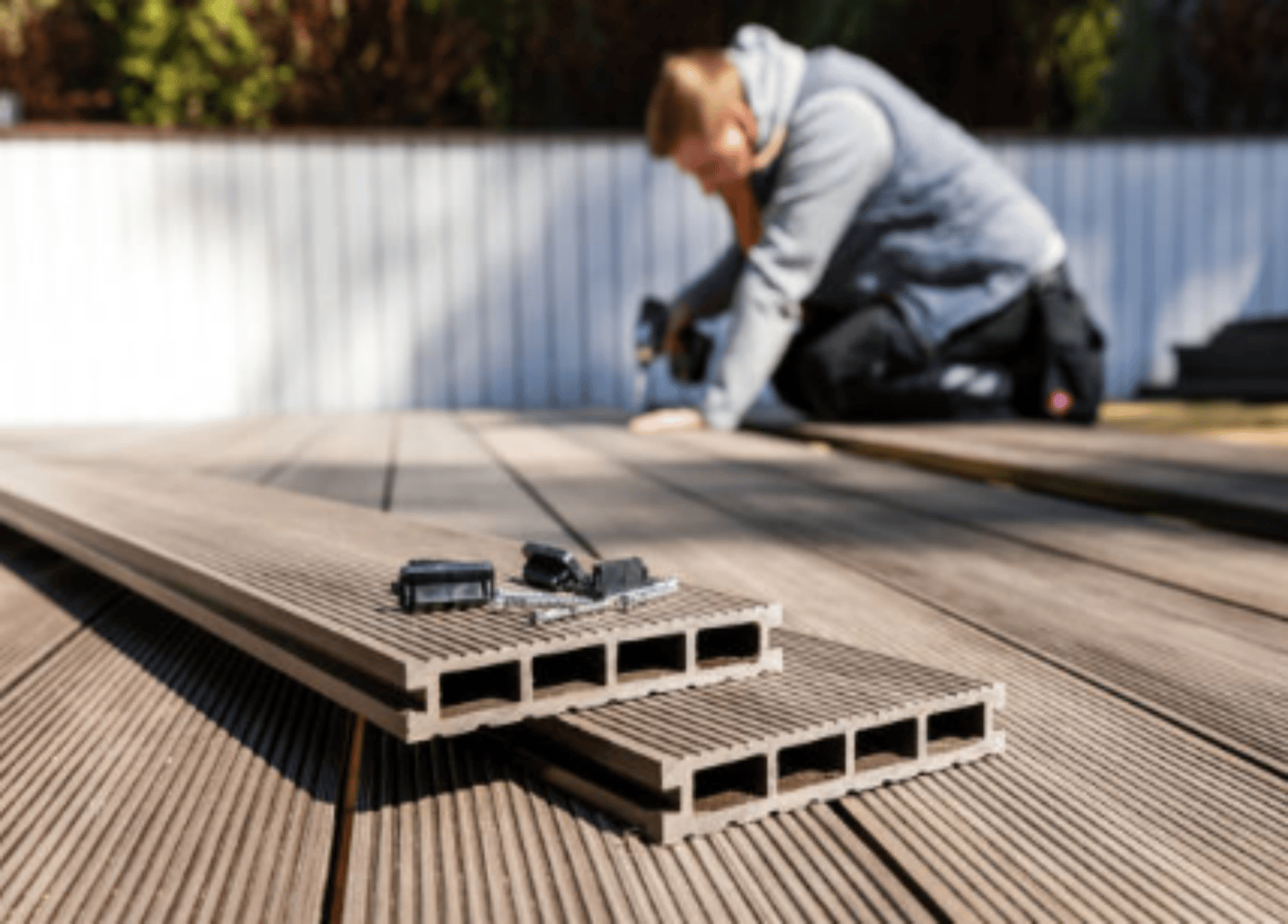Introduction to Choosing WPC Flooring for Home
When it comes to choosing the right flooring material for your home or office, there are a plethora of options available in the market. One such popular choice is WPC, which stands for Wood Plastic Composite in Flooring.
In this article, we will explore the question "Is WPC good for flooring?" and discuss the various aspects that make it a viable option for your flooring needs.
Part 1. What is WPC?
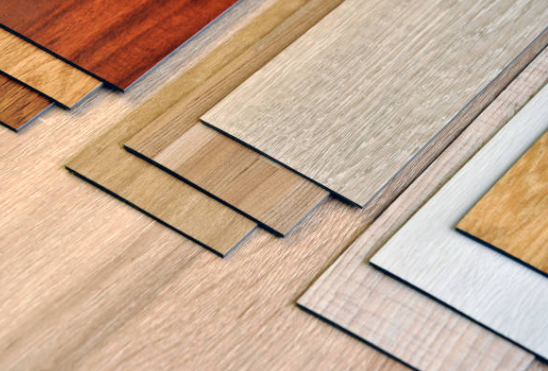
WPC is a composite material made from a combination of wood fiber and thermoplastics. This unique combination results in a flooring material that offers the best of both worlds - the natural look and feel of wood along with the durability and low maintenance of plastic. Here's how WPC is employed across different sectors:
Outdoor Decking and Landscaping: WPC's primary application is in outdoor decking. It combines the aesthetic appeal of wood with the durability and low maintenance of plastic, making it an ideal choice for outdoor environments. It resists weathering, corrosion, and insect damage, surpassing traditional wood decking. WPC is also extensively used in landscaping for constructing pergolas, garden beds, and planters due to its resistance to moisture and termites.
Fencing, Railing, and Architectural Elements: WPC is commonly utilized for fencing and railings, offering a practical solution that does not rot or warp like traditional wood and requires minimal upkeep. Its versatility also extends to architectural features such as window and door frames, trim, and molding, where it provides both functional and aesthetic value.
Indoor Flooring: WPC flooring is an excellent option for areas prone to moisture, such as kitchens, bathrooms, and basements. Its water-resistant properties ensure stability and durability, maintaining its integrity where traditional wood might fail. This makes it a preferred choice for both residential and commercial properties.
Bonus: View More Flexible Flooring Choices
Furniture and Automotive Components: The manufacturing of outdoor furniture benefits greatly from WPC due to its durability and weather-resistant properties. This includes outdoor tables, chairs, and benches that remain unaffected by varying weather conditions. Additionally, the automotive industry utilizes WPC for interior panels and trunk flooring, attracted by its lightweight and durability.
Marine and Playground Applications: The resistance of WPC to saltwater makes it suitable for marine applications, including docks and piers. Its ability to withstand marine environments without deteriorating is highly valued. Moreover, playground equipment made from WPC is favored for its durability and safety, as it is splinter-free, enhancing safety for children.
Part 2. Benefits of WPC Flooring
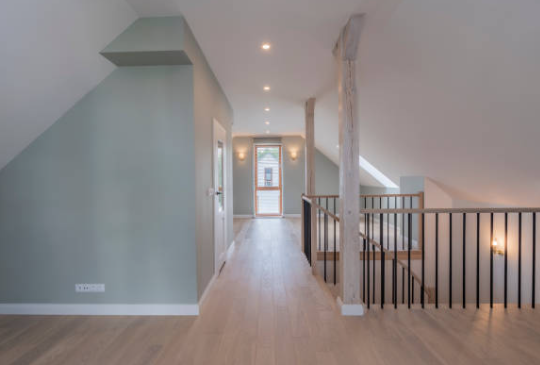
WPC flooring offers several advantages over other flooring options. Let's delve into some of the key benefits that make WPC a good choice for flooring:
1. Durability
WPC flooring is highly durable and can withstand heavy foot traffic without showing signs of wear and tear. The combination of wood fiber and thermoplastics creates a strong and resilient material that can last for many years.
2. Water Resistance
Unlike traditional hardwood flooring, WPC is water-resistant. This makes it an excellent choice for areas prone to moisture, such as kitchens, bathrooms, and basements. WPC flooring can withstand spills and moisture without warping or staining. You can also compare WPC flooring with LVP Flooring to get an insight of the features.
3. Easy Maintenance
WPC flooring requires minimal maintenance, making it a convenient choice for busy homeowners or commercial spaces. Regular sweeping and occasional mopping are usually sufficient to keep the floors looking clean and fresh.
4. Versatility in Design
WPC flooring is available in a wide range of colors, patterns, and textures, allowing you to find the perfect match for your interior decor. Whether you prefer the rustic charm of wood or the sleek look of stone, there is a WPC flooring option to suit your style.
5. Comfortable Underfoot
WPC flooring has a slightly softer feel underfoot compared to traditional hardwood or stone floors. The added cushioning makes WPC a comfortable flooring choice, especially for areas where you spend a lot of time standing or walking.
6. Eco-Friendly
For environmentally conscious consumers, WPC flooring is a great option. The use of recycled materials in its production helps reduce the demand for new timber, making it a more sustainable choice.
7. Cost-Effective
Compared to hardwood or stone flooring, WPC is a more affordable option. It provides the look of natural materials at a fraction of the cost, making it an attractive choice for budget-conscious individuals.
8. Easy Installation
WPC flooring is designed to be easy to install, with options for both floating and glue-down installations. This makes it a suitable choice for DIY enthusiasts or those looking for a quick and hassle-free flooring solution.
9. Noise Reduction
The composite nature of WPC flooring helps to absorb sound and reduce noise transmission. This makes it an ideal choice for areas where noise reduction is desired, such as apartments or multi-level buildings.
10. Resistance to Fading
WPC flooring is resistant to fading caused by exposure to sunlight. This ensures that your floors retain their color and vibrancy even in areas with ample natural light.|
Part 3. Considerations for Choosing WPC Flooring
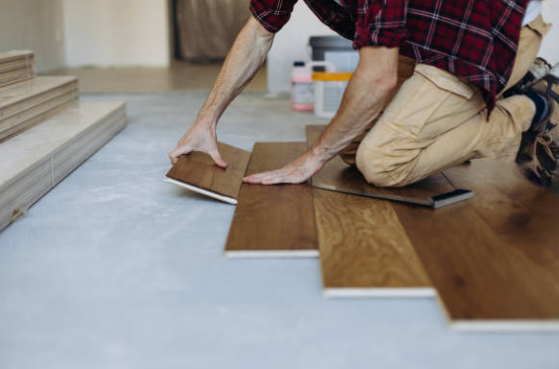
While WPC flooring offers numerous benefits, it is essential to consider a few factors before making a decision:
1. Subfloor Preparation
Proper subfloor preparation is crucial for the successful installation of WPC flooring. Ensure that the subfloor is clean, level, and dry to prevent any issues with the installation or long-term performance of the flooring.
2. Quality and Thickness
When choosing WPC flooring, look for reputable brands that offer high-quality products. Additionally, consider the thickness of the planks or tiles, as thicker options tend to provide better durability and stability.
3. Temperature and Climate
While WPC is resistant to temperature changes and fluctuations, extreme conditions can still affect its performance. In areas with high humidity or temperature variations, it is advisable to consult with a flooring professional to ensure the suitability of WPC flooring.
4. Installation Method
Depending on your preferences and the specific requirements of your space, you can choose between floating or glue-down installation methods for WPC flooring. Consider factors such as ease of installation and future accessibility when deciding on the installation method.
5. Long-Term Warranty
Before purchasing WPC flooring, check the manufacturer's warranty for any specific conditions or limitations. A long-term warranty provides assurance of the product's quality and durability. Choosing a reliable WPC Flooring Supplier adds another layer to buying WPC Flooring for homes.
FAQs of WPC Flooring
1. What is WPC flooring?
- WPC stands for Wood Plastic Composite. It is a type of flooring that combines the best attributes of wood and plastic, offering a robust, waterproof, and aesthetically pleasing option for modern homes.
2. What are the main benefits of WPC flooring?
- WPC flooring is known for its water resistance, durability, comfort underfoot due to its thick core, and excellent insulation properties. It also mimics the look of natural wood with greater resistance to wear and tear.
3. Are there any downsides to WPC flooring?
- While WPC flooring offers numerous benefits, it can be more expensive than traditional vinyl and some other flooring types. It may also have limited styles compared to LVP (Luxury Vinyl Plank).
4. How long does WPC flooring last?
- With proper care and maintenance, WPC flooring can last between 15 to 25 years. Its lifespan may vary depending on the level of foot traffic and the quality of installation.
5. Is WPC flooring suitable for all rooms in a house?
- Yes, WPC flooring is versatile enough to be installed in any room, including high-moisture areas like bathrooms and kitchens, as well as living rooms, basements, and bedrooms.
6. How do I maintain my WPC flooring?
- Maintaining WPC flooring is straightforward. Regular sweeping or vacuuming is essential to remove dirt and debris. For more thorough cleaning, use a damp mop with a mild cleaner suitable for vinyl flooring.
7. Can WPC flooring be installed over existing floors?
Yes, WPC flooring can often be installed over existing floors, as long as the base floor is even, clean, and well-adhered to the subfloor. This makes it an excellent choice for renovations.
Part 5. WPC Flooring - a Reliable Choice for Home
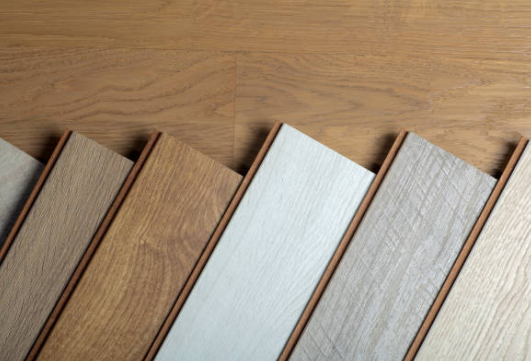
In conclusion, WPC (Wood Plastic Composite) flooring emerges as a stellar choice for those seeking a blend of durability, style, and practicality in their flooring. Its water resistance and robust nature make it ideal for almost any room in the house, including moisture-prone areas like kitchens and bathrooms. While WPC may carry a higher upfront cost compared to some other types of flooring, its longevity and low maintenance requirements offer long-term savings and ease of use that can justify the initial investment.
Whether you're renovating your current home or selecting floors for a new build, WPC provides a perfect balance of aesthetic appeal and functional benefits. Its ability to mimic the natural beauty of wood while overcoming many of wood's vulnerabilities to moisture and wear makes WPC flooring a versatile and wise choice for modern living environments.

